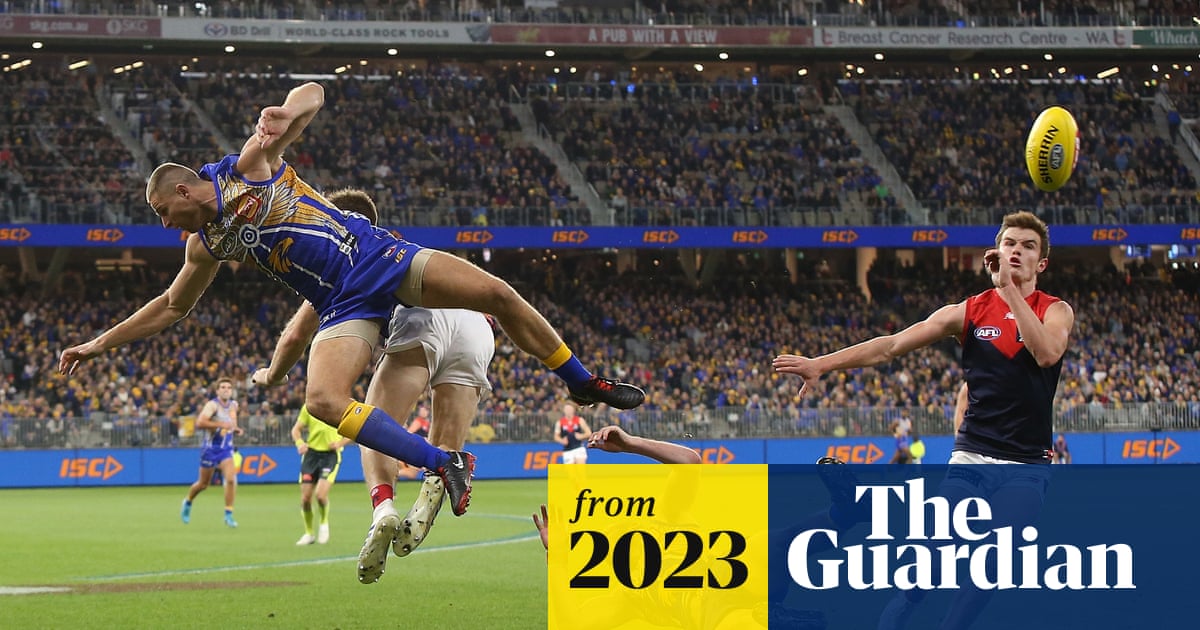Jimmy_Crouch
Peter Johnson (47)
As I said earlier on this page sport is for those thousands who play it at an amateur level not the select few hundred professionals. Lemons
I think it was to educate to kids that sport is more about participation than winning. Or something like that. Much like most clubs have done away with the ‘best player’ etc awards for these younger age groups. Also a lemon. Sport is about participation AND winning. Just like any field, only more so.What's the reasoning for banning competitive matches until 13?
There are some pretty strong developmental arguments for it - by removing the core competitive aspect it resets focus to learning and executing skills and understanding the game, rather than winning by size which can be a massive crutch in under age contact sport where there is so much variability. Otherwise the arguments are around, participation, inclusivity and general enjoyment that help the health of a sport overall, particularly at a community/grass roots level.What's the reasoning for banning competitive matches until 13?
CTE is caused by repeated brain trauma, yes. The general idea is that if the traumas start at a younger age, their effects will present earlier. A quick google led me to a study which identified CTE in a 36yo who had a history of seizures and self-harm by way of repeatedly hitting his head against the wall as a child - an extreme case, but it lends weight to the above https://www.ncbi.nlm.nih.gov/pmc/articles/PMC5491586/I am very, very uneducated in these parts but is there any research that shows concussions for young kids lead to CTE? My general vibe was that it was repeated concussions sun stained because you're a professional who plays the game 30 times a year for 20 years.




Nice to formally get some blanket guidance.
Community, youth sport to introduce 21-day concussion stand-down
Adults playing in non-elite sport will join children in being sidelined for a mandatory three weeks if they suffer a concussion.www.smh.com.au
- Adults in community sport and children aged 19 and under will be sidelined for a minimum of 21 days if they suffer a sport-related concussion, under new guidelines released by the Australian Institute of Sport.
- The Youth and Community Sport guidelines, which effectively cover everyone in sport outside elite levels, have been created to provide “simplicity and clarity” about the widely varied protocols used in Australian sport for a safe return to play after a concussion.
- The AIS advice for children aged 19 and under to not resume contact training until they’ve been symptom-free for 14 days will also apply to adults in community sport. It mirrors protocols established in the UK last year, and the AIS worked with British and New Zealand counterparts to align their positions.
- With no regulatory power, the AIS advice remains just that, but the national bodies of more than 30 sports have already indicated they will adopt the new guidelines. Sports currently have a wide array of stand-down protocols, mostly set around 12 days.
It absolutely does for my own willingness to admit to symptoms as someone who still plays.Nice to formally get some blanket guidance.
I sincerely hope this doesn't limit willingness to flag/diagnose a concussion - the implications of a 3wk stand down for shorter competitions (e.g., a school term) are pretty large.
I'm not questioning the integrity of anyone working the sidelines, but my feeling is that in an ideal world evaluations should be done by personnel employed by leagues and not individual schools or clubs.
Also not an expert but I expect that shaking a brain around in its skull is bad, period.I am very, very uneducated in these parts but is there any research that shows concussions for young kids lead to CTE? My general vibe was that it was repeated concussions sun stained because you're a professional who plays the game 30 times a year for 20 years.
Pretty bang on, CTE is more a function of accumulating a large amount of sub-concussive impacts. You could never sustain a major concussion and still get CTE if you're taking shots to the head on a regular basis. Rotational acceleration in particular is really bad for the brain as it puts a shearing force on structures.Also not an expert but I expect that shaking a brain around in its skull is bad, period.
